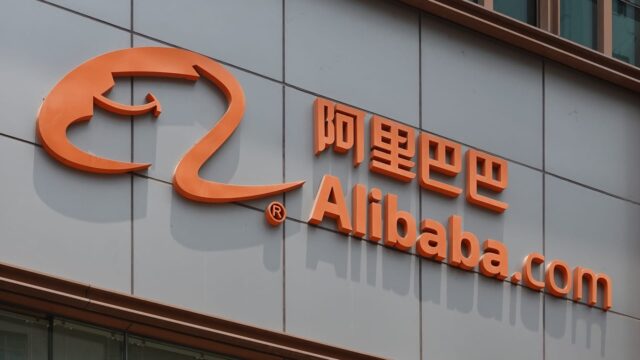
In a significant move underscoring the European Union’s commitment to regulating digital platforms, Alibaba’s international e-commerce arm, AliExpress, has come under formal investigation by the European Commission. The inquiry focuses on the company’s compliance with the EU’s Digital Services Act (DSA), emphasizing the need to combat illegal and harmful content online, including counterfeit goods and fake medicines. This action is part of a broader EU strategy to ensure digital platforms, including social media giants like TikTok, adhere to stringent consumer and data protection standards.
Key Highlights:
- The European Commission has initiated a formal investigation into AliExpress over concerns related to the sale of illegal products on its platform.
- The probe is grounded in the enforcement of the newly adopted Digital Services Act (DSA), aimed at combating illegal content online.
- AliExpress has been asked to provide detailed information on its measures against the sale of counterfeit goods and fake medicines by November 27, 2023.
- The DSA mandates Big Tech to take more significant actions to counter illegal and harmful content, with non-compliance potentially leading to hefty fines.
- Similar requests for information have been sent to other major platforms, including Elon Musk’s X (formerly Twitter), Meta Platforms, and TikTok, focusing on their efforts against disinformation.
- TikTok, in addition to facing scrutiny in the EU, is also under investigation in Italy for its data handling practices, particularly concerning the protection of minors’ data.
Alibaba’s AliExpress in the EU’s Crosshairs
The European Commission’s investigation into AliExpress underscores a growing concern over the role of e-commerce platforms in the dissemination and sale of illegal goods. The inquiry, part of the DSA’s broader aim to regulate Big Tech’s responsibilities towards consumer safety, focuses on the mechanisms AliExpress employs to prevent the sale of counterfeit products and unsafe medicines. This move highlights the EU’s proactive stance in ensuring that digital marketplaces operate within a framework that prioritizes consumer protection and adheres to the region’s legal standards.
TikTok Feels the Heat in Italy
Simultaneously, TikTok is facing its challenges in Italy, with regulatory bodies investigating the platform’s data protection practices. The focus here is on the safeguarding of minors’ data, a pressing issue given the platform’s popularity among younger audiences. This investigation is part of a broader scrutiny by the EU on how digital platforms manage user data and protect vulnerable groups, especially children, from exposure to harmful content.
The Digital Services Act: A New Era for Digital Regulation
The DSA represents a significant shift in the EU’s approach to digital regulation, setting strict guidelines for how digital platforms operate within its member states. By demanding transparency and accountability, the Act aims to create a safer digital environment for consumers. Platforms now face the challenge of aligning their operations with the DSA’s requirements, under the threat of substantial penalties for non-compliance. This regulatory framework signifies the EU’s commitment to leading the charge in global digital governance, setting a precedent for other regions to follow.
Implications and the Road Ahead
The investigations into AliExpress and TikTok mark a critical moment in the ongoing discourse on digital regulation. As the EU continues to enforce the DSA, digital platforms are urged to reevaluate their content moderation and consumer protection measures. These developments signal a more regulated future for digital spaces, where consumer rights and data protection are paramount. As the digital landscape evolves, the role of stringent regulation in safeguarding the digital ecosystem cannot be understated, ensuring a balance between innovation and consumer safety.











